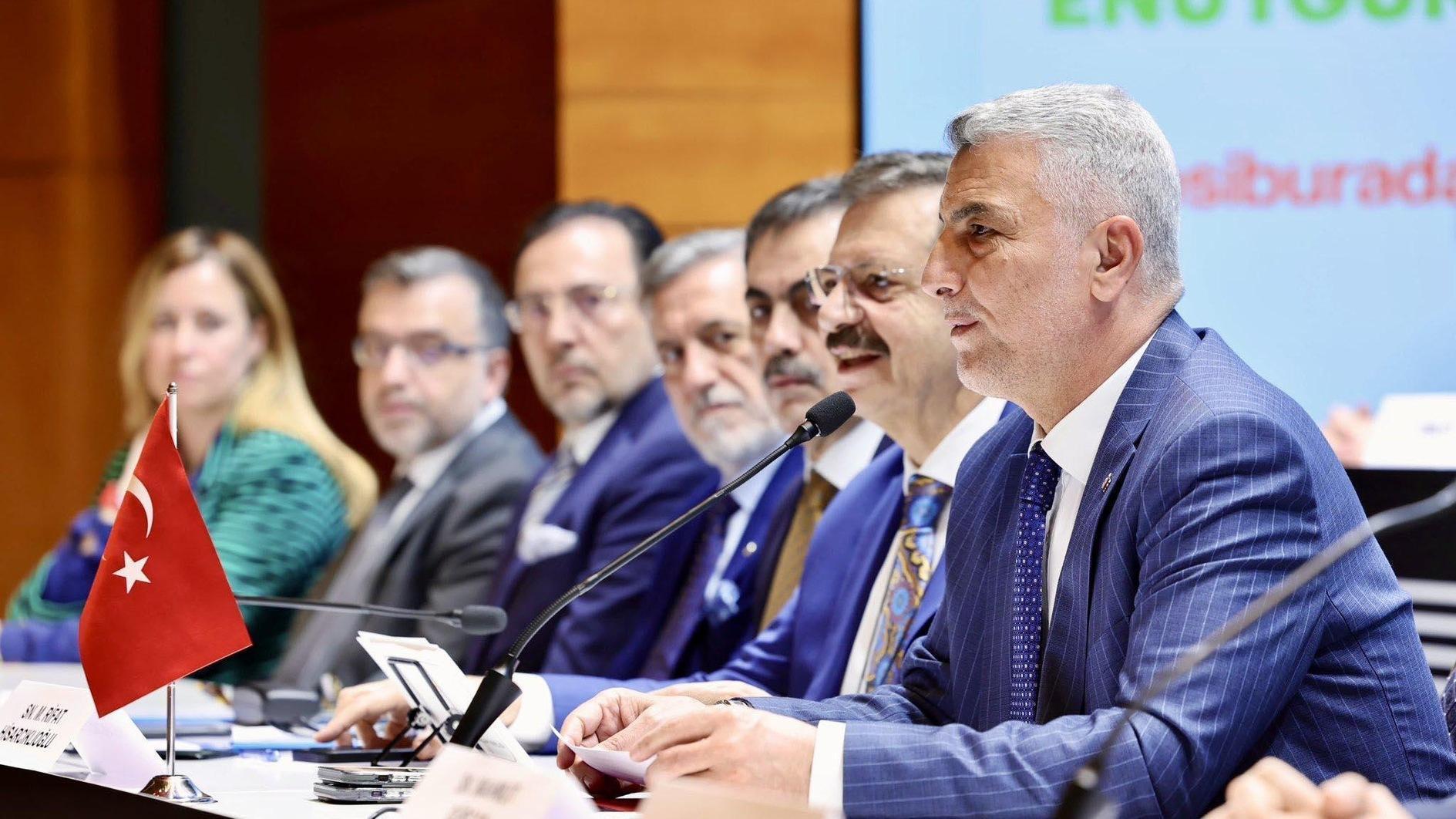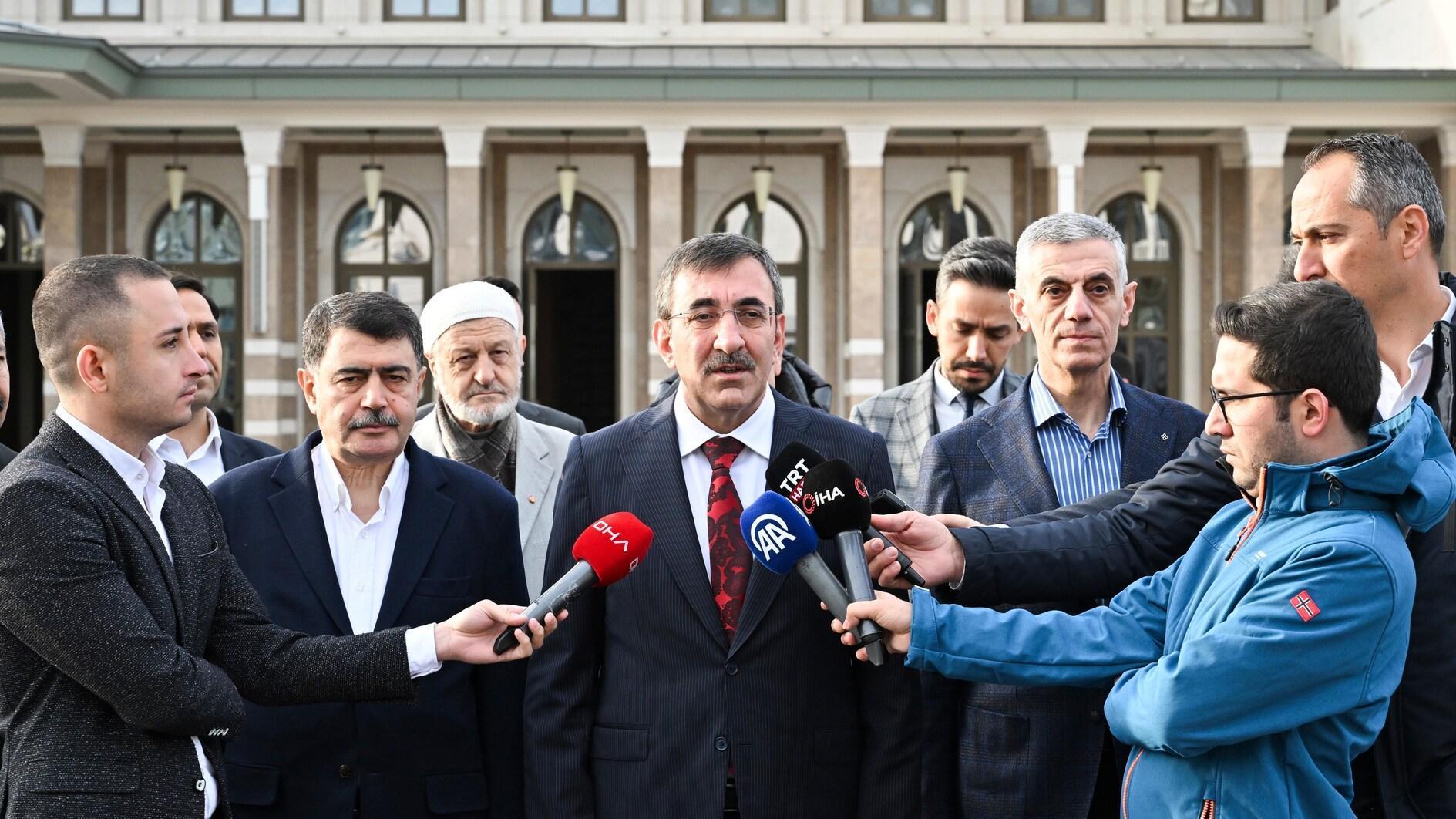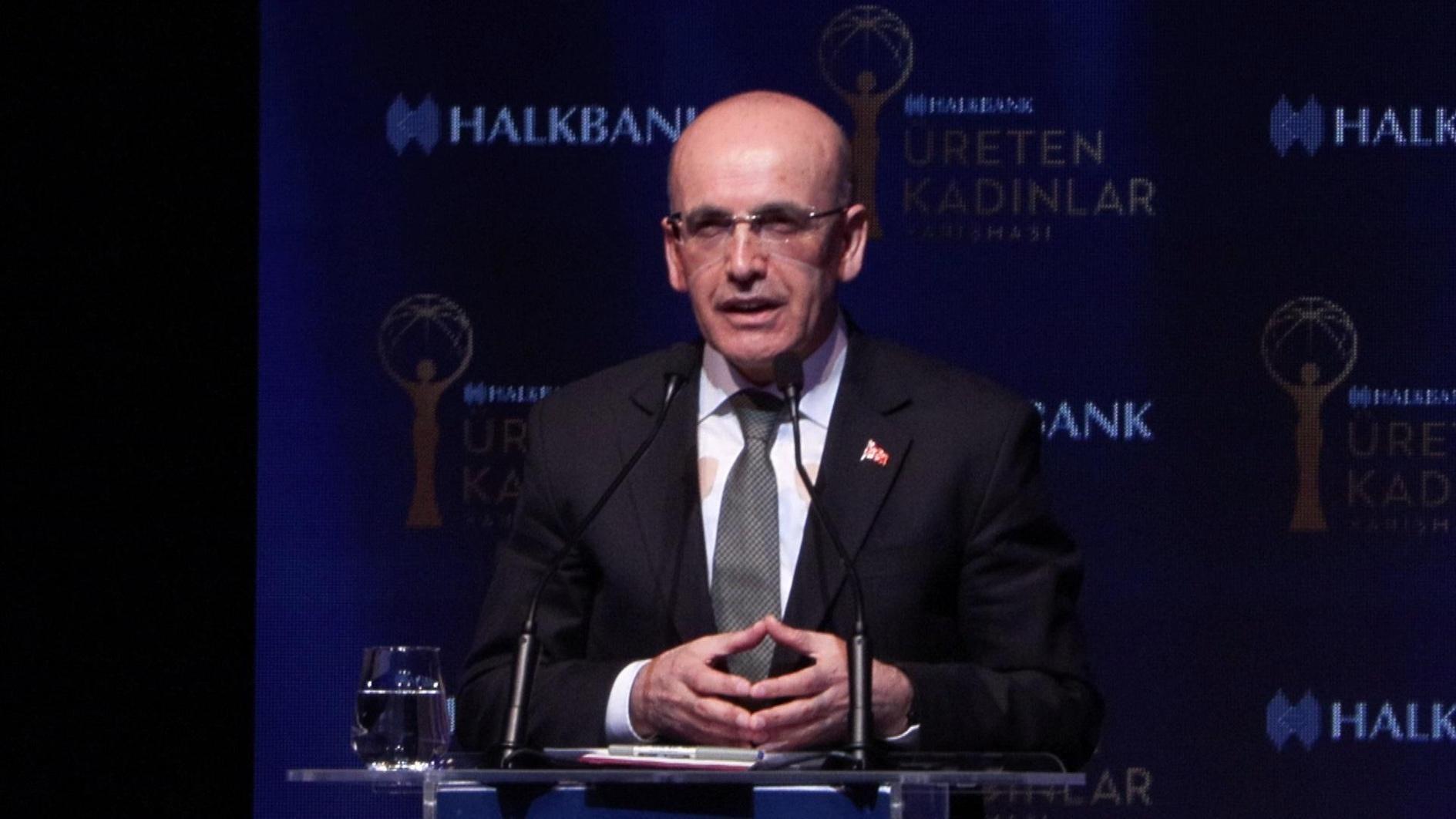Aziz Nesin, the great writer and philanthropist remembered
Emrah Güler
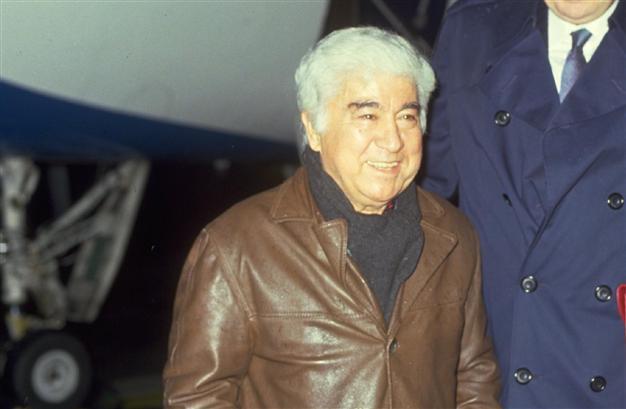
Aziz Nesin was always a prolific writer, a hungry award-winner nationally and internationally, and a man who was never afraid to speak out against injustice and oppression of any form.
For the politically inclined, Aziz Nesin was a warrior against Islamic fundamentalism and an advocate of free speech. Some will remember Nesin for his attempt to translate Salman Rushdie’s controversial “The Satanic Verses,” which in the end fuelled the Sivas massacre in 1993, when 35 were killed after Islamist fundamentalists torched a hotel where Nesin was staying for a festival in the Central Anatolian city of Sivas.“Fundamentalism is not a concept unique to Islam. It is a danger that presents itself in all world religions. Regardless of which religion it presents itself in, fanaticism is an enemy of peace, tolerance and civilization,” Nesin said in an interview one year after the massacre and one year before his death.
He had managed to escape the fires that had claimed the lives of so many, including some of his friends in the city who had gathered for celebrations.
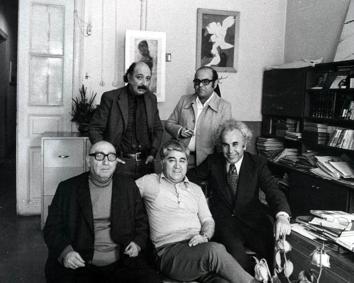 However, for those raised in Turkey, and for those who have read more than two dozen books in their lives, Aziz Nesin was more than just this secular and atheist public persona, which became more and more become associated with him in the last years of his life. July 5 was the 19th anniversary of Nesin’s death, and many remembered him not for his outspoken stance against fundamentalist Islam, but for his wonderfully unique, accurate and timeless take on the people of Turkey in the more than 130 books to his name.
However, for those raised in Turkey, and for those who have read more than two dozen books in their lives, Aziz Nesin was more than just this secular and atheist public persona, which became more and more become associated with him in the last years of his life. July 5 was the 19th anniversary of Nesin’s death, and many remembered him not for his outspoken stance against fundamentalist Islam, but for his wonderfully unique, accurate and timeless take on the people of Turkey in the more than 130 books to his name.For many, Aziz Nesin will always be one of the greatest writers modern Turkey, and the world, has ever seen. Many will remember him for “Şimdiki Çocuklar Harika” (How Wonderful are Today’s Children), one of the first books they read as a child, and enjoyed it even more after reading it as an adult. The 1967 novel is a collection of letters between two children sharing their simple observations on life at home and in school.
The novel is a stab at the heart of what is wrong with the education system and parenting, which unfortunately still remains relevant today. Also still relevant are the humor, the sharp observations and uncanny insight into the collective psyche of a nation. That’s why the book has been banned, reintroduced and banned again from schools for as long as it has been published.
Nesin ‘paying his dues to society’
Others will remember Nesin for the unforgettable critique of Turkish bureaucracy with his unique style, “Yaşar Ne Yaşar Ne Yaşamaz” (Yaşar, Neither Dead nor Alive), which chronicles the adventures of a hapless man in the face of the government and bureaucracy. To date, the book has sold 150,000 copies since its first publication in 1977 and it has been adapted for the stage and the screen.
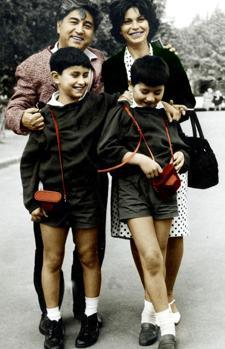 Aziz Nesin was always a prolific writer, a hungry award-winner
nationally and internationally, and a man who was never afraid to speak
out against injustice and oppression of any form - he was investigated,
placed under surveillance, arrested and jailed throughout his career. He
described his stance as “paying his dues to society.”
Aziz Nesin was always a prolific writer, a hungry award-winner
nationally and internationally, and a man who was never afraid to speak
out against injustice and oppression of any form - he was investigated,
placed under surveillance, arrested and jailed throughout his career. He
described his stance as “paying his dues to society.”He more than paid his dues in 1972 when he founded the Nesin Foundation, which takes disadvantaged children and provides them with shelter, education and a sense of self-worth for their integration into society. Since its establishment, it has helped nearly 300 children enjoy a happy childhood and make their transition from disadvantaged children to functioning citizens, lawyers, doctors and artists. Most of these have not cut their relationships with the foundation.
“Welcome to Children’s Paradise” reads the sign at the entrance of the Nesin Foundation, which currently houses and provides education to 42 children, ranging from pre-school to graduate students.
Before he died, Aziz Nesin donated the entirety of his copyrights for all his works in Turkey and internationally to the foundation. Many people will remember and honor Aziz Nesin for different reasons, but none with reasons as noble as these 300 children, some of whom had the chance to call him “Grandpa Aziz.”


